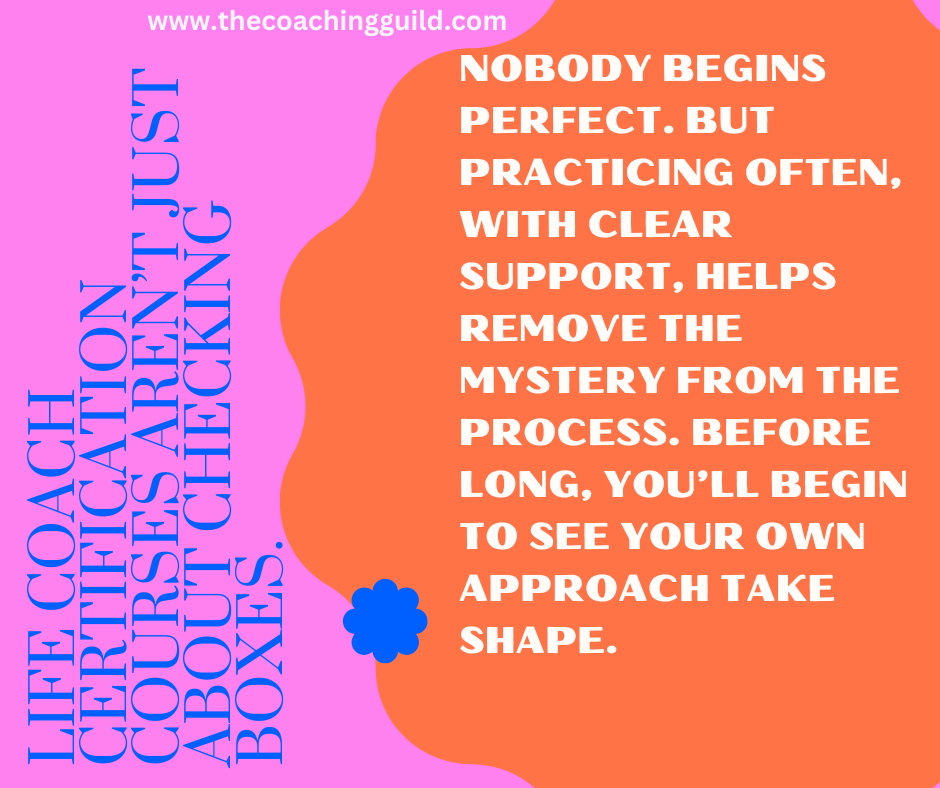You Know You Might Be in a Coach Training Cult When...
1. The training is based only on the teachings of one guru-leader. Questioning the guru leader is discouraged or not allowed.
2. The tools of the guru are weaponized against you when you have questions about the process, or something isn’t working.
3. You feel guilty for not having a “perfect life” when you have learned everything you need to know about having it all in your training.
4. You are afraid of being made an example of in the group, so you do your best to follow the rules and blend with the group as much as possible.
5. Most, if not all, of your support system is made up of people from inside the training group.
6. You are encouraged to invest in yourself by going into credit card debt or borrowing money from friends or family.
7. You continue to spend more money for ongoing training to stay in the group. If you hesitate, you are shamed for not investing in yourself or your business.
8. Leaving the program is scary because you know you’d lose most of your friends.
9. You are brainwashed to believe your program is the ONLY best program and that coaches from outside the program aren’t nearly as good.
10. You would only refer friends looking for training to the program you took.
I was in discussion with someone recently who told me that any training program in the coaching space would ultimately turn into a coaching clique because people are program loyal, and coaches love strong connections. It will surprise no one when I say I strongly disagree.
As someone who trains coaches, we have designed our program intentionally with a variety of genius experts instructors in diverse coaching groups. The Coaching Guild not only allows discourse but encourages it. We encourage our students to pursue continuing education from outside our community to develop their skills and peer circles further.
The Coaching Guild is priced intentionally with an equity-based tuition structure designed to lower the barriers to training. We are highly committed to structures that embrace diversity. We may not always get it right, but we are working on ourselves and our program all the time. If you are interested in coach training vs. a high ticket social club, please check out The Coaching Guild.
If you are a coach deeply embedded in one methodology or coaching philosophy, I highly encourage you to come up for air and look around. Ask yourself how you can expand your knowledge and your circles of influence to better serve your clients.


